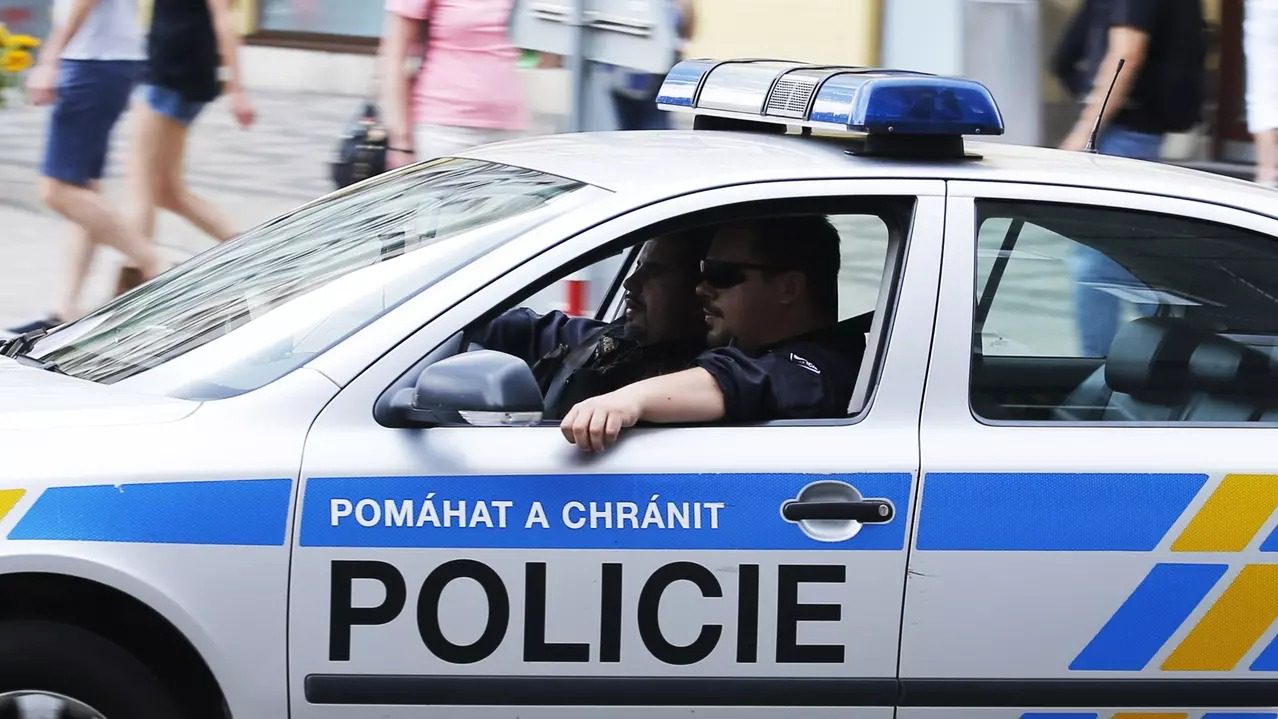Since July 1, up to 80% of police officers have lost some stabilization pay. These are meant to serve as an incentive to keep officers from quitting their jobs. Police President Martin Vondrášek described the change in a letter to officers.
Until the beginning of July, the stabilization allowances of CZK 2,500 to 5,000 were paid territorially, i.e., in the regions with the largest understaffing. Now, officers in Prague and the Central Bohemian Region will have their supplement reduced to CZK 3,000, while officers from the Karlovy Vary Region will receive CZK 2,500. Under this system, 8292 police officers will receive the allowance.
However, officers serving with the police for a long time will get a raise. Those serving for 20 years or more will receive 2 000. Officers serving 25 years or more will receive CZK 1 000 more. This would affect 13,293 officers.
Police officers between 20 and 30 years of service are the most likely to leave the force. That’s why the stabilization allowance has been changed.
The missing 42 million?
According to Tomas Machovič, chairman of the Independent Police Union of the Czech Republic (NOS PČR), roughly 80% of the 39 825 officers will lose part of their allowances. Most of them will be affected, with 5,566 Prague police officers, 70% of whom will receive a reduced allowance.
He does not expect officers to leave the force because of the change. According to Machovič, about 42 million would have to be spent on the original surcharges for the understaffed regions, but they are not in the police budget.
He has even discussed the change with the police president. “The original intention was that the surcharge would be paid only according to the length of service. In my discussions with the president, I pointed out that there could be a social problem because the cost of living is higher for Prague police officers. In the end, they reconsidered and left the territorial allowance partially in Prague,” Machovič said.






Leave a Reply